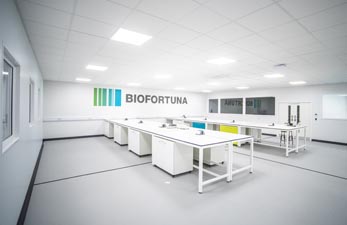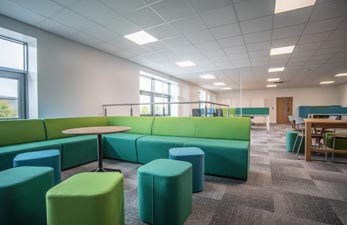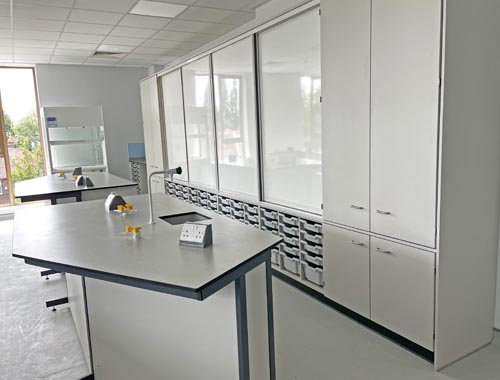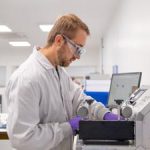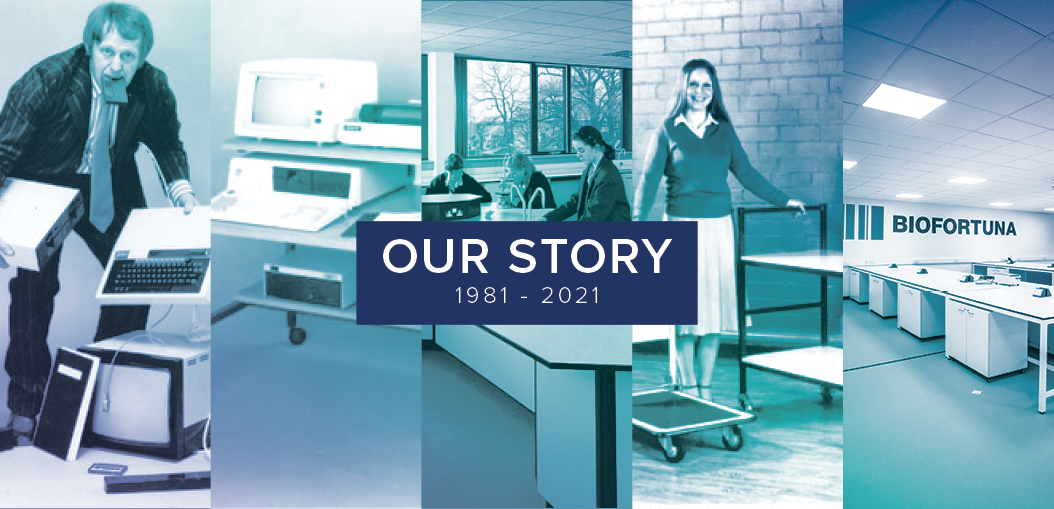
Sustainability in Laboratories
Sustainability in Laboratories
Laboratories play a critical role in the scientific community, but they also consume a significant amount of energy and resources. As our society becomes more aware of the impact of our actions on the environment, it is crucial that laboratories take steps to improve their sustainability. Here are some practical ways to achieve that:
- Reduce energy consumption:
Lab spaces are notorious for consuming high amounts of energy. However, there are several ways to minimize energy usage. For instance, it is possible to use electronic devices that automatically shut off after a specific period of inactivity. Additionally, using energy-efficient lighting such as Light Emitting Diodes (LEDs) can reduce energy usage. Finally, it is possible to use specialized ventilation systems that limit the amount of energy used to heat or cool the laboratory space.
- Analyze water usage:
Water is a precious resource that is becoming increasingly scarce. The average laboratory consumes a significant amount of water per day. One way to reduce water consumption is to implement a system that captures and recycles water. It is also possible to use low-flow faucets and showers to minimize water usage in the laboratory.
- Implement recycling programs:
Like all other offices, laboratories generate a lot of waste. As much as possible, labs should recycle items like paper, cardboard, plastics, and glassware. Recyclable materials produced by labs could be separated from regular trash and sent to the recycling unit.
- Improve procurement:
Improving procurement is another way to make laboratories more sustainable. This could involve sourcing environmentally friendly goods, including supplies and materials that are made through sustainable processes reduces the carbon footprint of the laboratory.
- Encourage sustainable behavior:
Each individual in the laboratory should be aware of the benefits of sustainable practices. Training programs could be established to educate lab users on the importance of energy conservation and the need to reduce waste. The laboratory management should comply with the regulations governing its sector.
- Establish a sustainability committee:
A sustainability committee helps develop actionable steps towards laboratory sustainability. The committee’s members could be selected from different departments so that their diverse opinions create a comprehensive approach to achieving sustainability. Based on the members’ suggestions, the committee could propose new initiatives for laboratory sustainability.
- Implement energy efficient HVAC systems:
The HVAC system is another area where energy consumption could be reduced. High-Efficiency Particulate Air (HEPA) filters installed in the HVAC system ensures that the air circulating within the laboratory is clean and that the air filters consume less energy. Additionally, labs can modify the cooling unit to have an advanced timer which adjust the HVAC according to the occupancy.
In conclusion, improving the sustainability of laboratories is a collective responsibility that requires a change of attitudes and habits. Laboratory management should strive to implement sustainable policies and practices that protect the environment and ensure energy and resource efficiency. By reducing energy consumption, minimizing water usage, promoting recycling programs, improving procurement, and encouraging sustainable behaviors, laboratories can make a significant contribution to the larger campaign towards a more sustainable future.

Jonathan Whitehurst MD, with Clare Whitehurst, Marketing Director & Liam Carney, Contracts Manager
